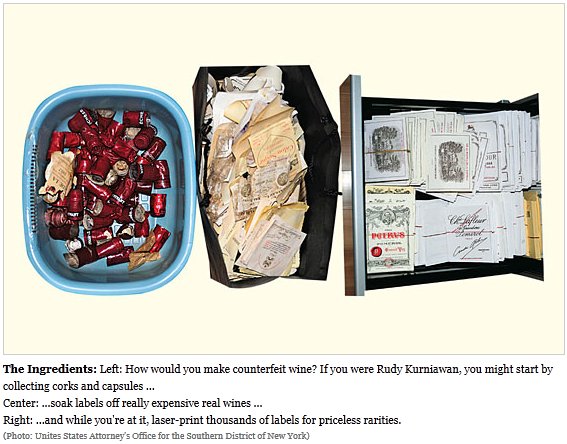The Economist looks at the relative level of difficulty in setting up a shell corporation in various jurisdictions and how easy it is to create an untraceable shell:
Shell companies — which exist on paper only, with no real employees or offices — have legitimate uses. But the untraceable shell also happens to be the vehicle of choice for money launderers, bribe givers and takers, sanctions busters, tax evaders and financiers of terrorism. The trail has gone cold in many a criminal probe because law enforcers were unable to pierce a shell’s corporate veil.
The international standard governing shells, set by the inter-governmental Financial Action Task Force (FATF), is clear-cut. It says countries should take all necessary measures to prevent their misuse, such as ensuring that accurate information on the real (or “beneficial”) owner is available to “competent authorities”. More than 180 countries have pledged to follow it. A study* scrutinises the level of compliance worldwide. The results are depressing.
Posing as consultants, the authors asked 3,700 incorporation agents in 182 countries to form companies for them. Overall, 48% of the agents who replied failed to ask for proper identification; almost half of these did not want any documents at all. Contrary to conventional wisdom, providers in tax havens, such as Jersey and the Cayman Islands, were much more likely to comply with the standards than those from the OECD, a club of mostly rich countries. Even poor countries had a better compliance rate, suggesting the problem in the rich world is not cost but unwillingness to follow the rules (see chart). Only ten out of 1,722 providers in America required notarised documents in line with the FATF standard.






